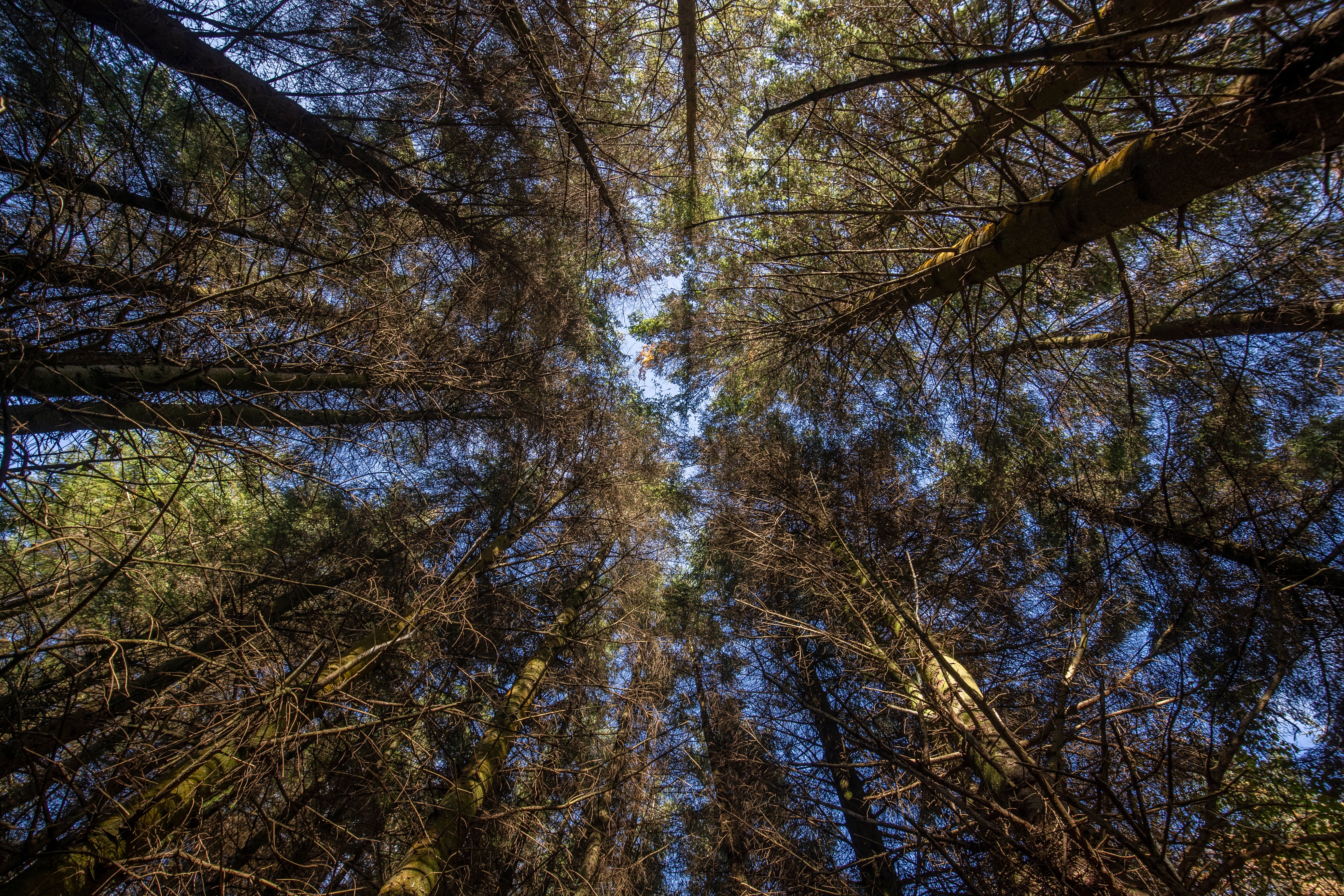Love of nature partially passed on by parents, study of twins suggests
Spending time outdoors has been found to be good for mental health but different people experience and benefit from nature differently.

Your support helps us to tell the story
From reproductive rights to climate change to Big Tech, The Independent is on the ground when the story is developing. Whether it's investigating the financials of Elon Musk's pro-Trump PAC or producing our latest documentary, 'The A Word', which shines a light on the American women fighting for reproductive rights, we know how important it is to parse out the facts from the messaging.
At such a critical moment in US history, we need reporters on the ground. Your donation allows us to keep sending journalists to speak to both sides of the story.
The Independent is trusted by Americans across the entire political spectrum. And unlike many other quality news outlets, we choose not to lock Americans out of our reporting and analysis with paywalls. We believe quality journalism should be available to everyone, paid for by those who can afford it.
Your support makes all the difference.A love for nature could be passed down to children from their parents but people’s surroundings also play a role, research suggests.
The study surveyed 1,153 pairs of twins from the TwinsUK registry about how they experience nature, and asked them to rate their familiarity with and desire to be in nature.
Identical twins – who share almost 100% of their genes – held more similar views about nature and how frequently they visited nature, compared to non-identical twins who share around 50% of their genes, the researchers found.
According to the scientists, their findings indicate a moderate influence of genetics over how people experience nature.
A twin study shows that a person’s desire to be in nature and how often they experience it are influenced by both genes and personal experiences
Spending time outdoors has been found to be good for mental health but different people experience and benefit from nature differently.
The study provides the first evidence that genes may influence how people feel towards nature and their tendency to visit natural spaces.
Those who are nature-oriented may actively seek it out, even if that means travelling.
However, the researchers argue that planning is needed in built-up areas so everyone might have access to natural spaces and the benefits they offer.
Chia-chen Chang, at the National University of Singapore, led the study published in PLOS Biology.
She said: “Spending time in nature links to better health and wellbeing.
“A twin study shows that a person’s desire to be in nature and how often they experience it are influenced by both genes and personal experiences.”
While someone’s appreciation of nature and their tendency to visit natural spaces could be passed down from their parents, their surroundings explained more than half of the differences between them, the study found.
Those living in urban environments tended to have less experience with nature, possibly due to limited access to gardens.
Heritability – a measure of how well differences in people’s genes account for differences in their traits – also declined with age.
According to the researchers, this indicated that genetics may become less influential as people get older and experience a unique set of environmental conditions.